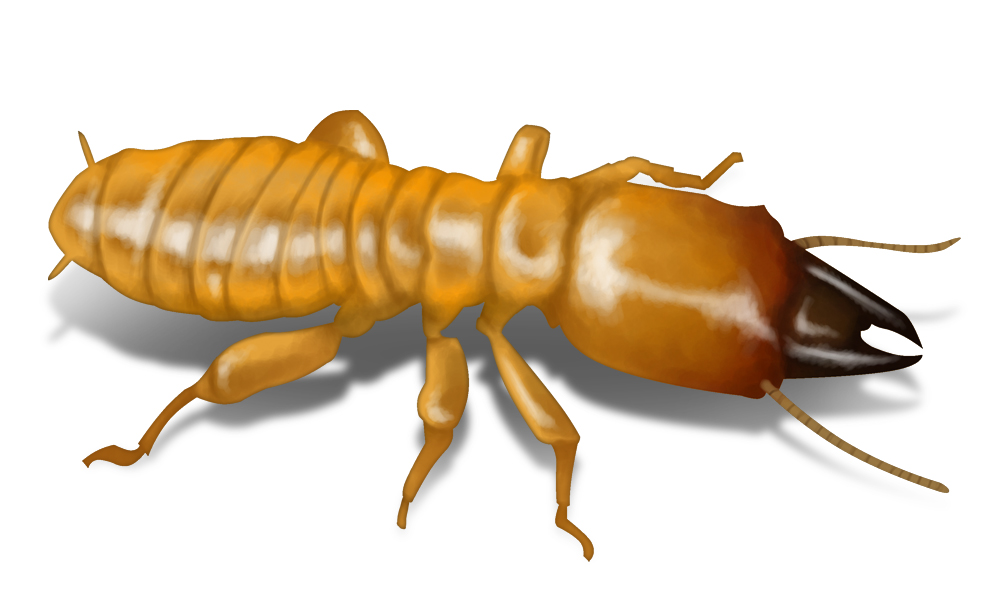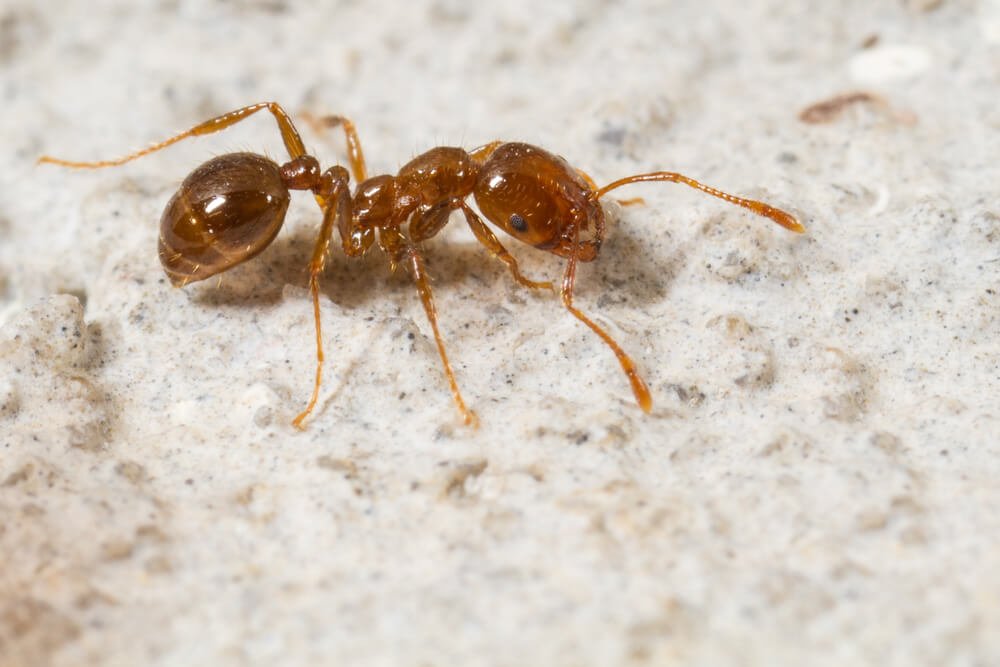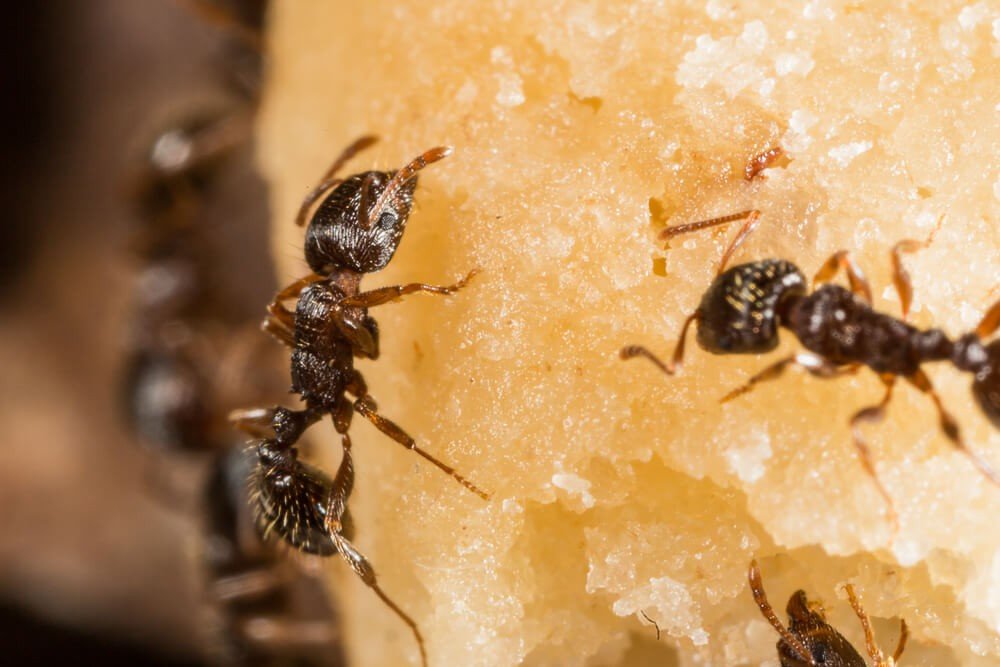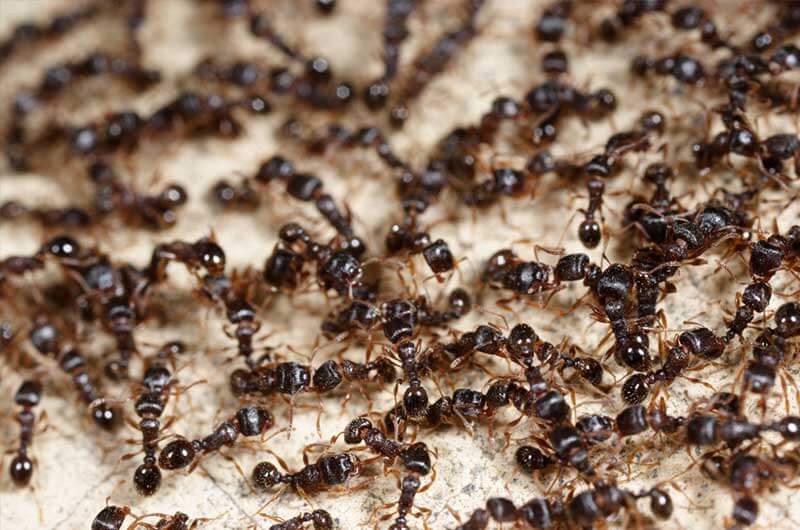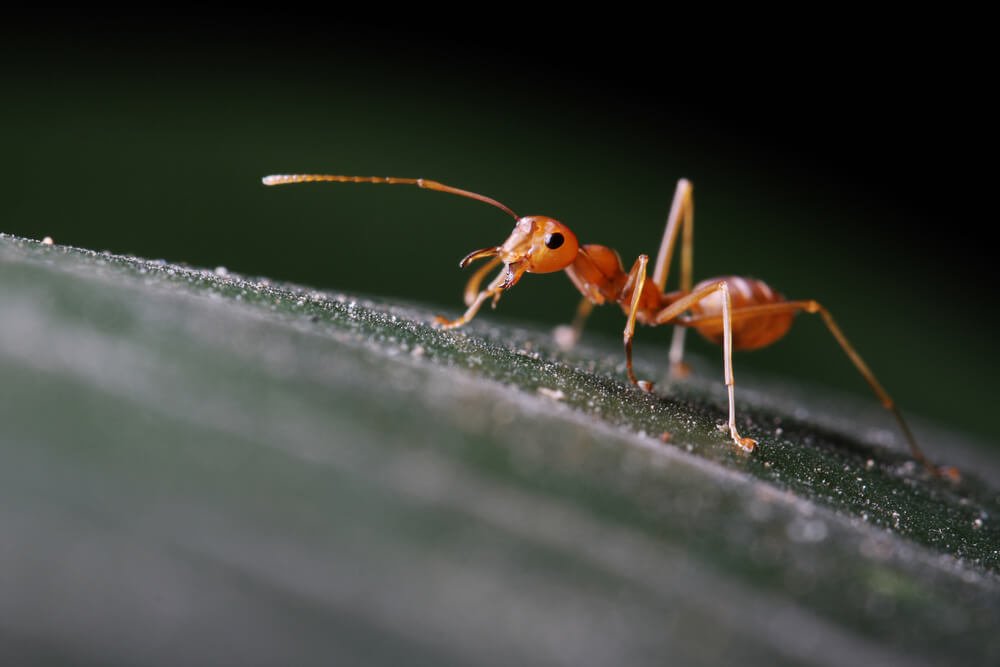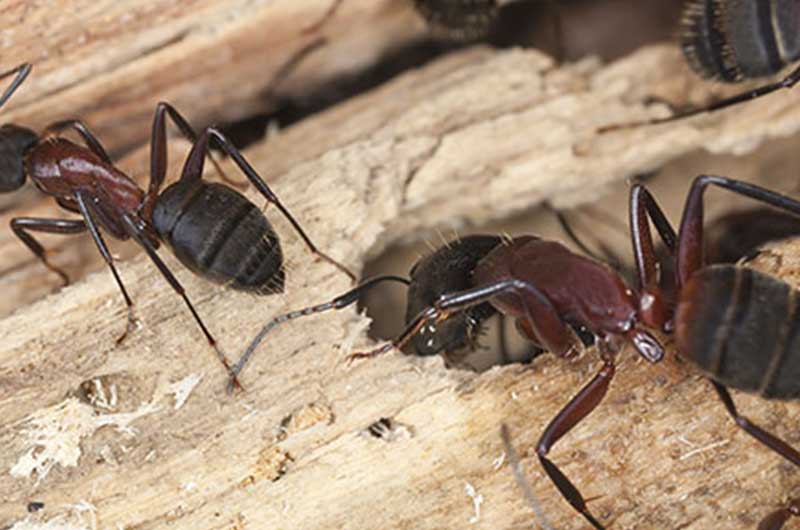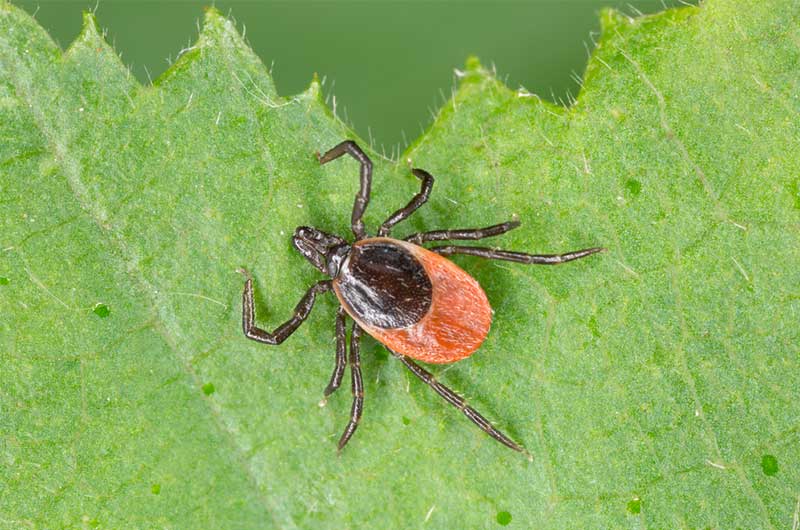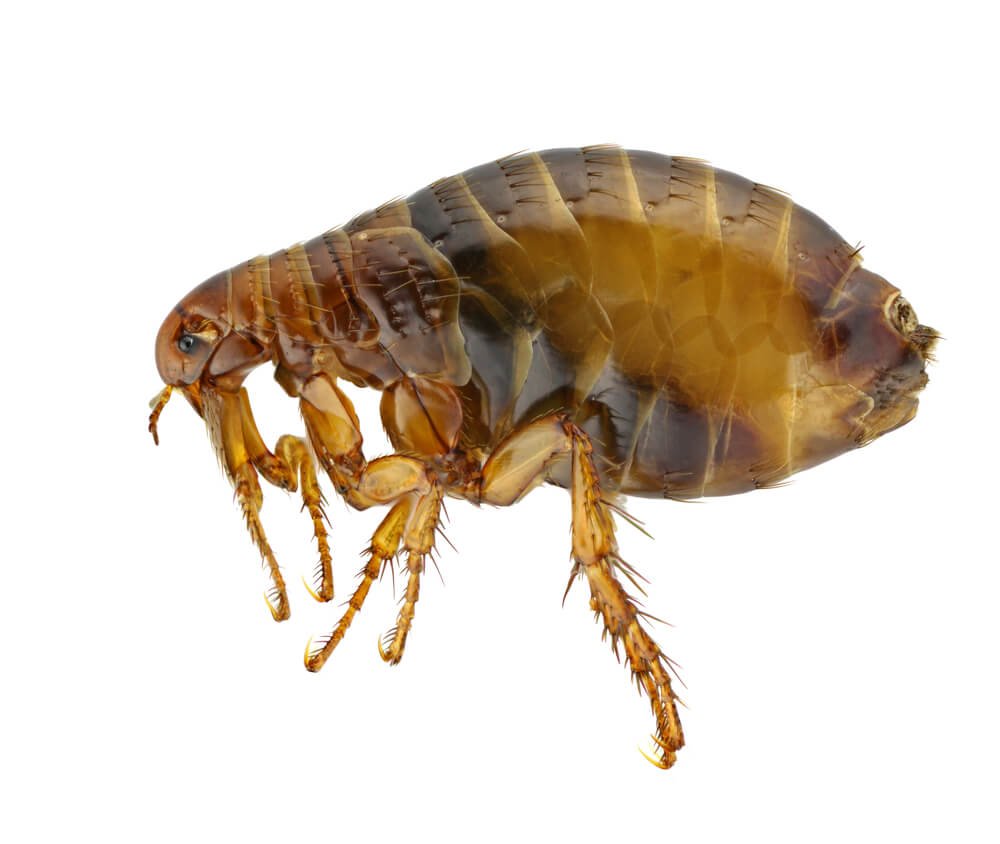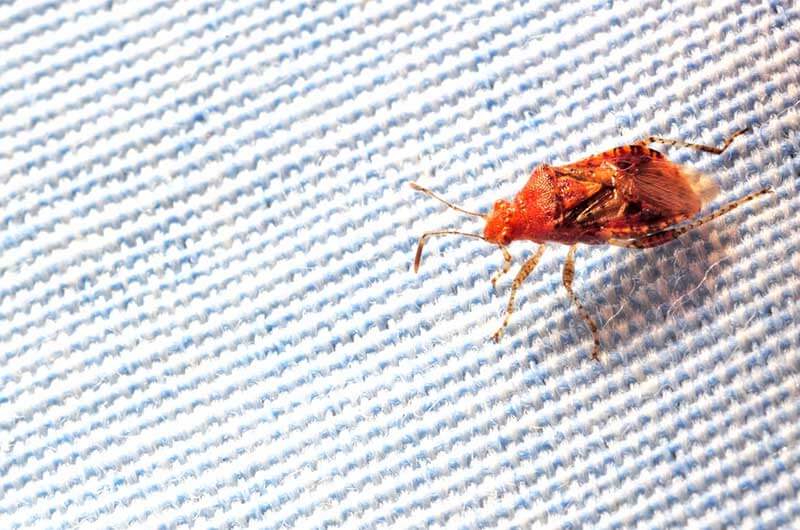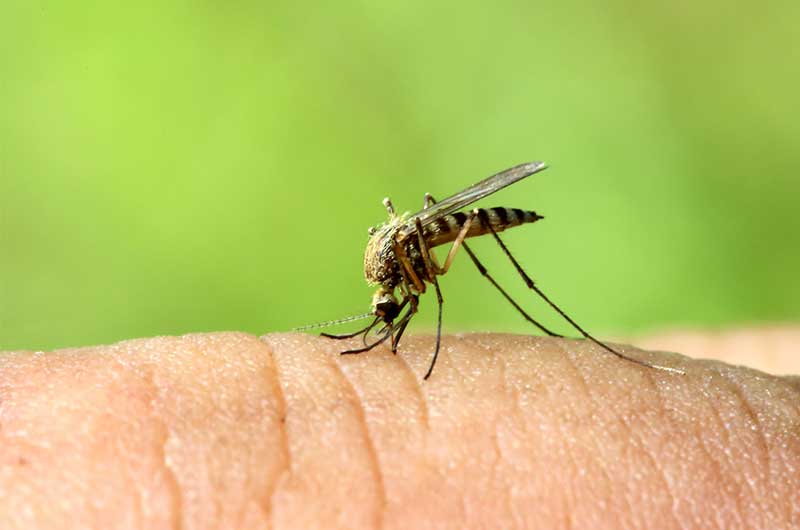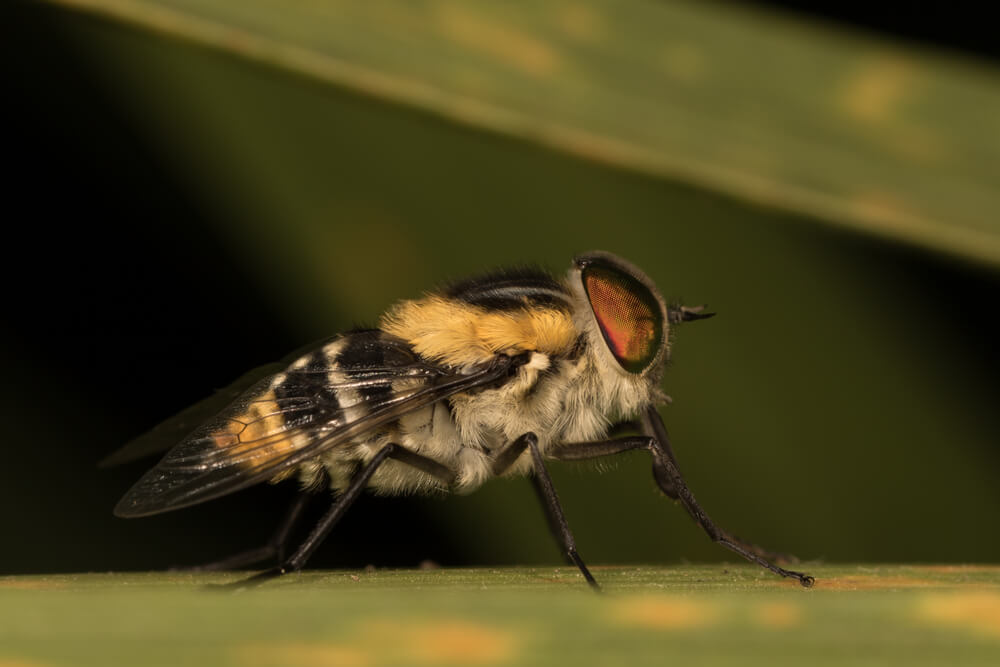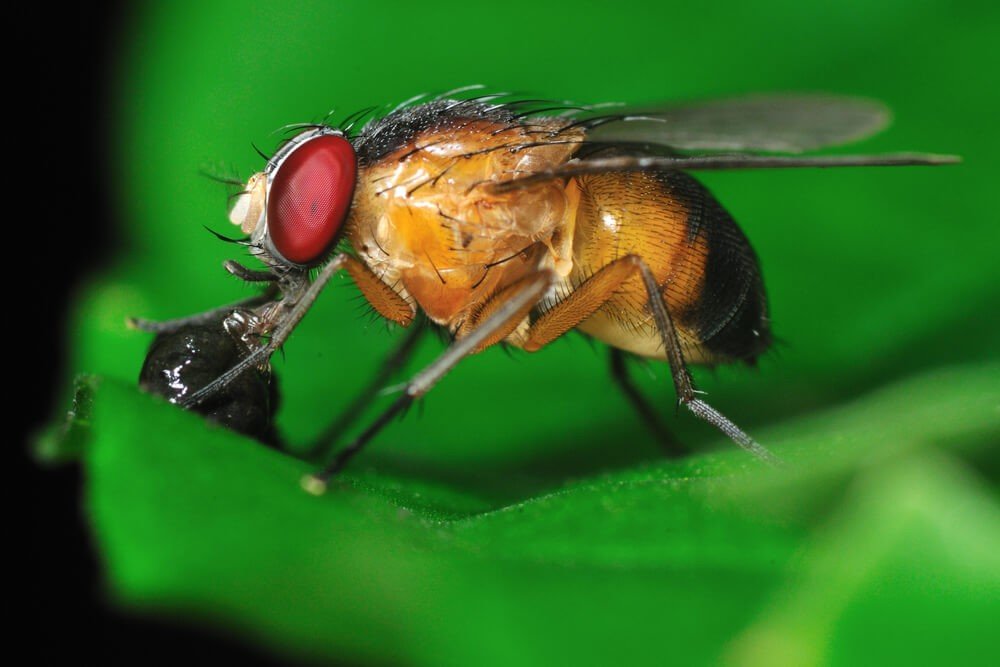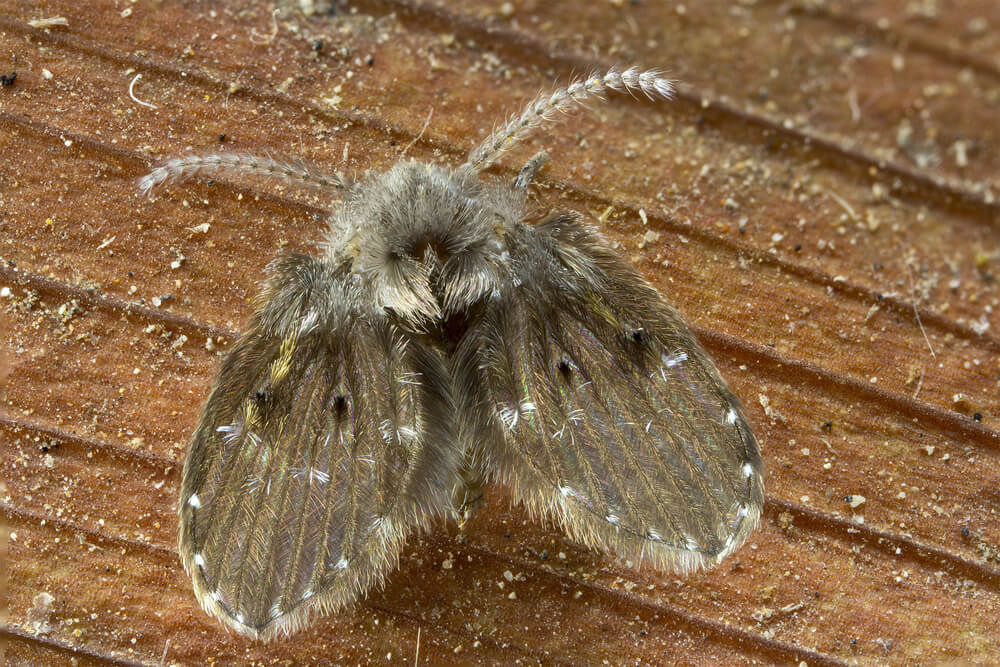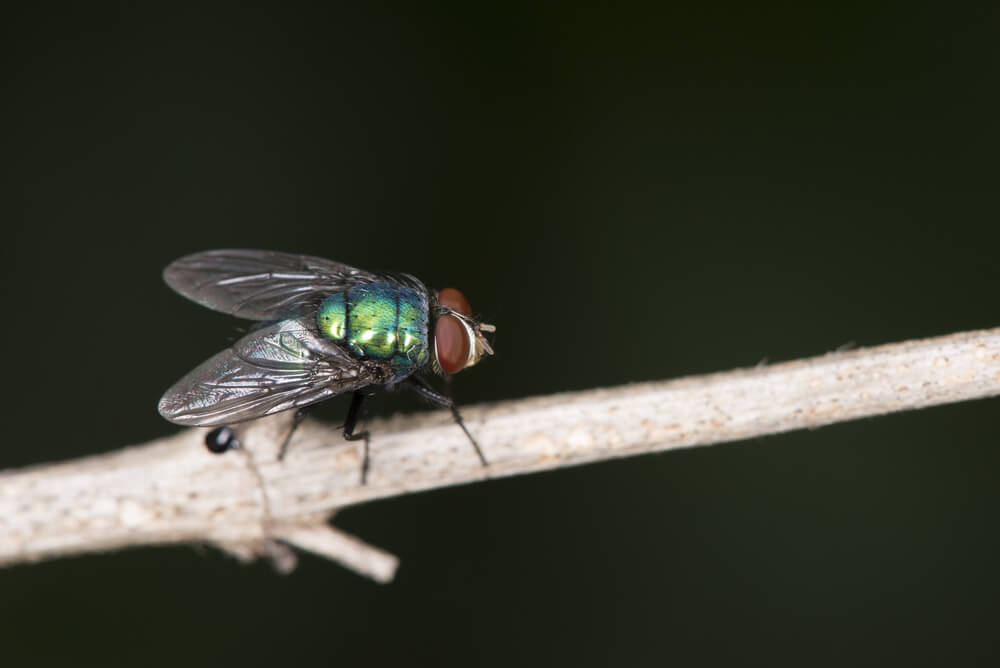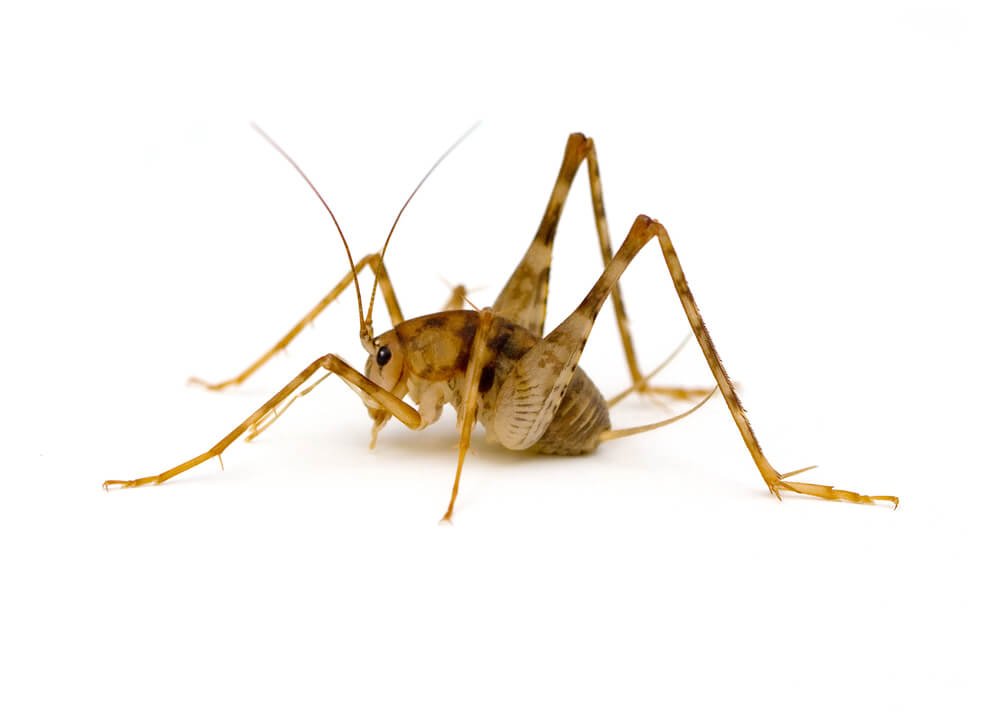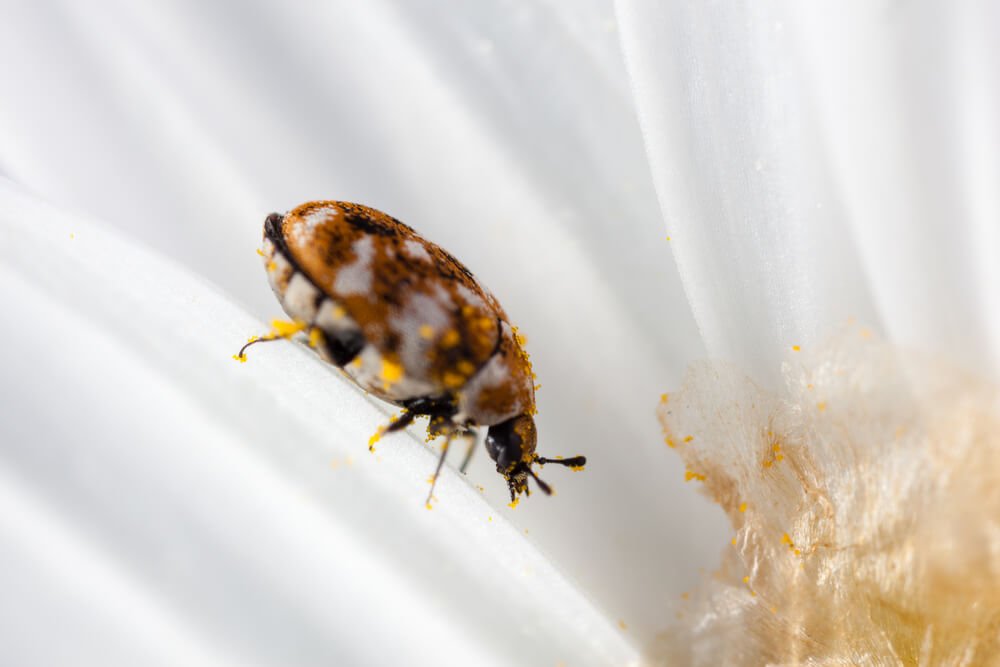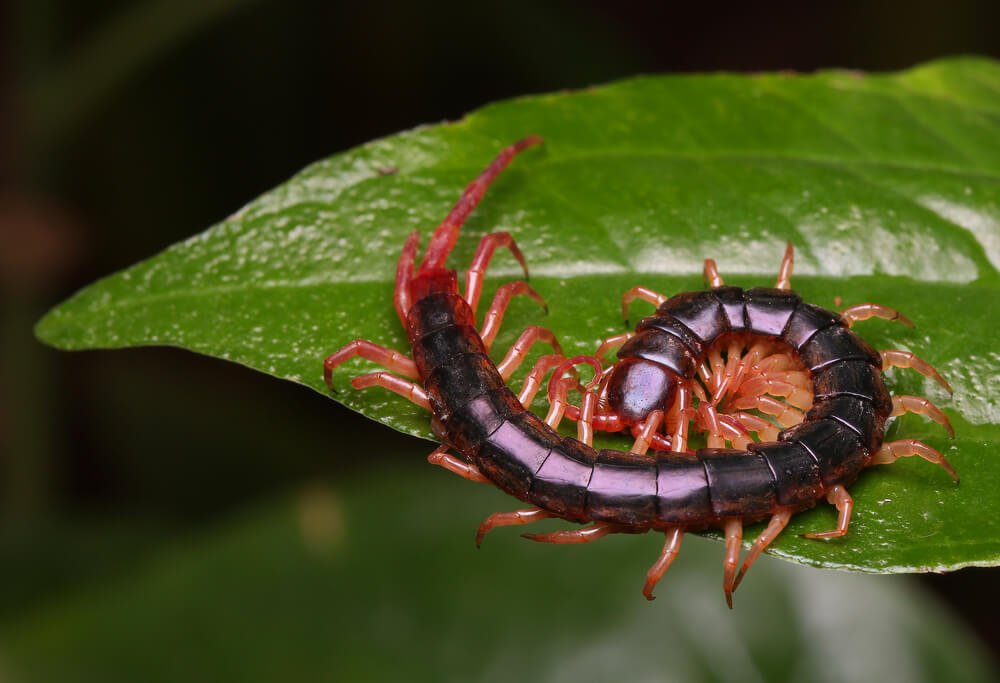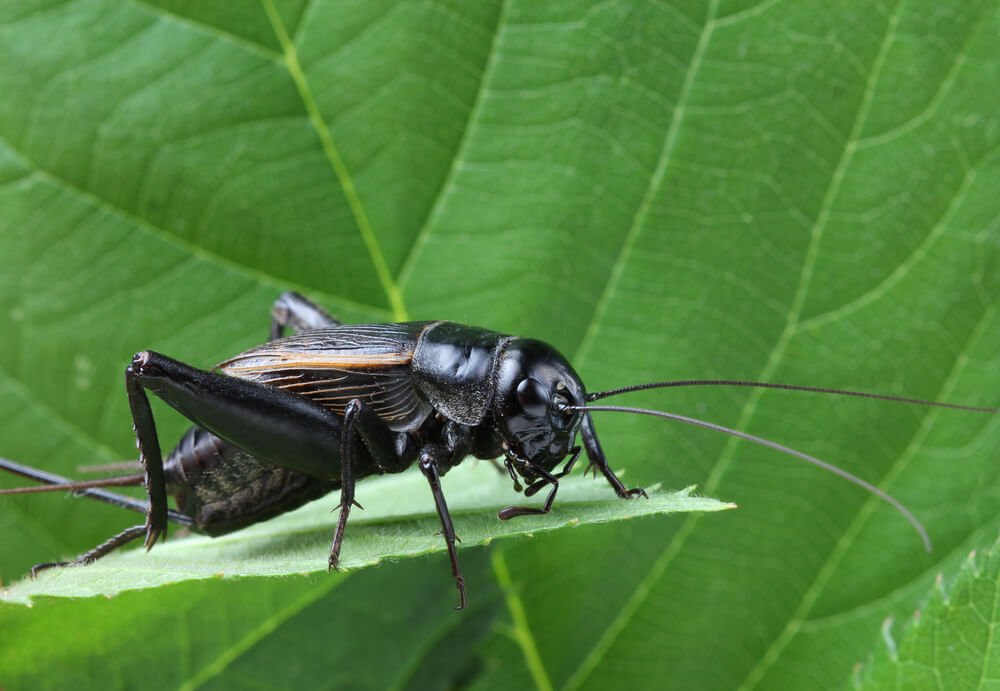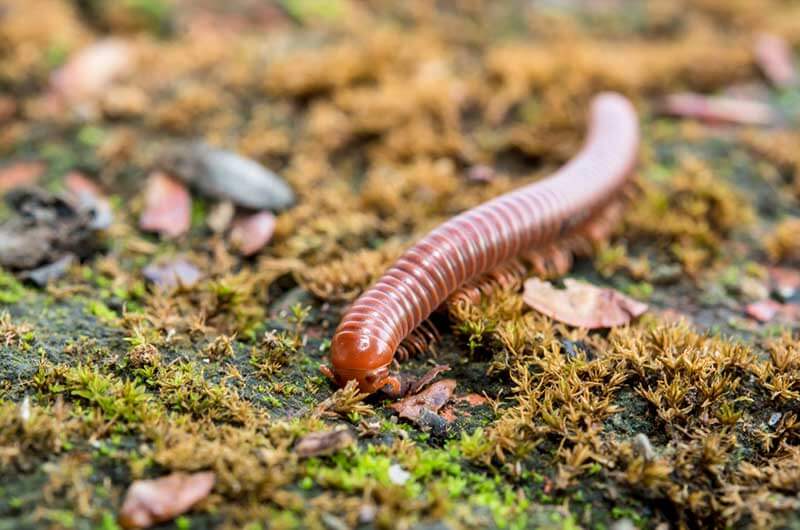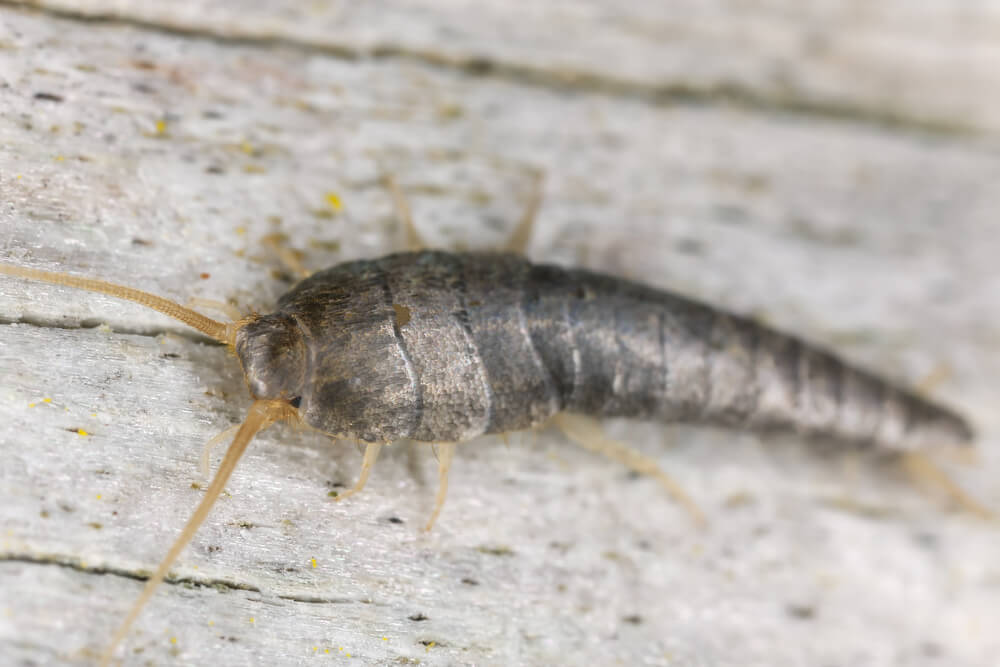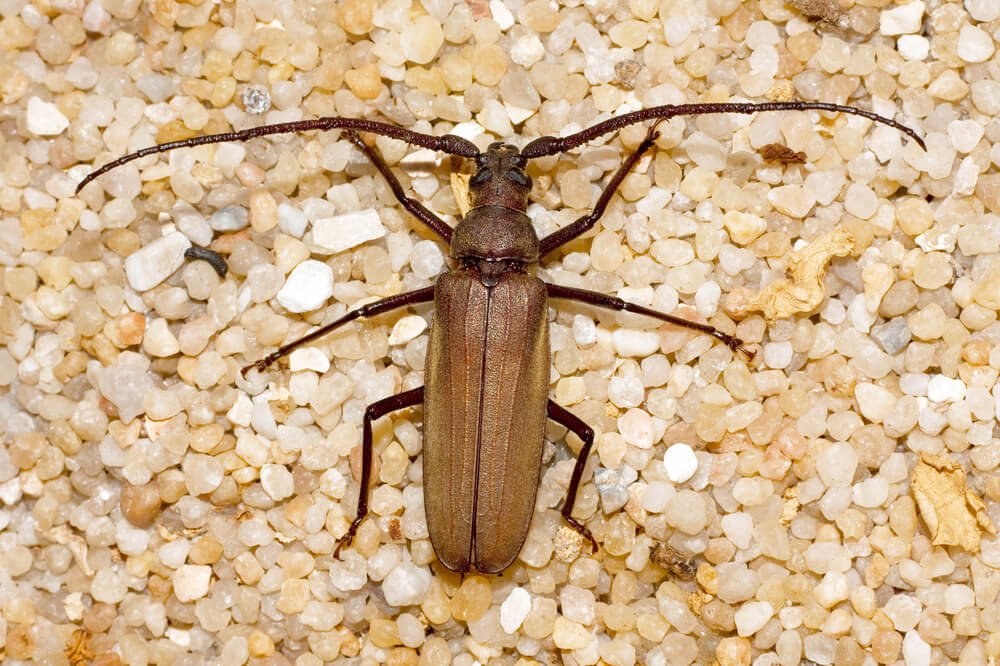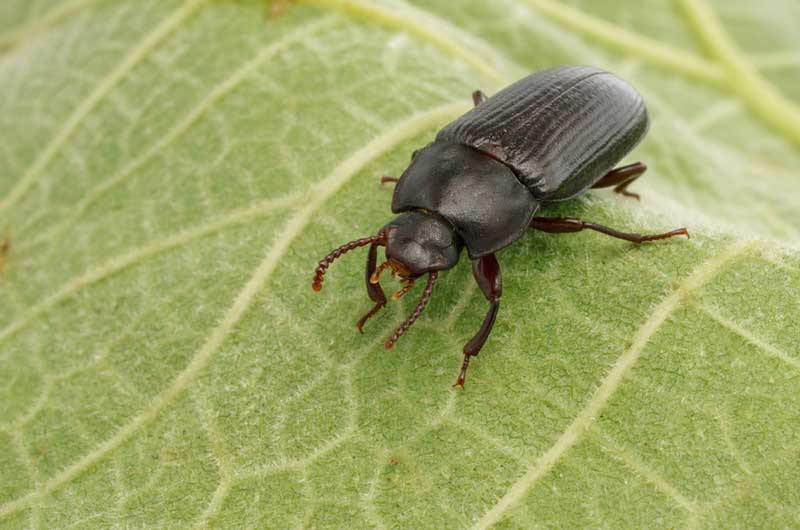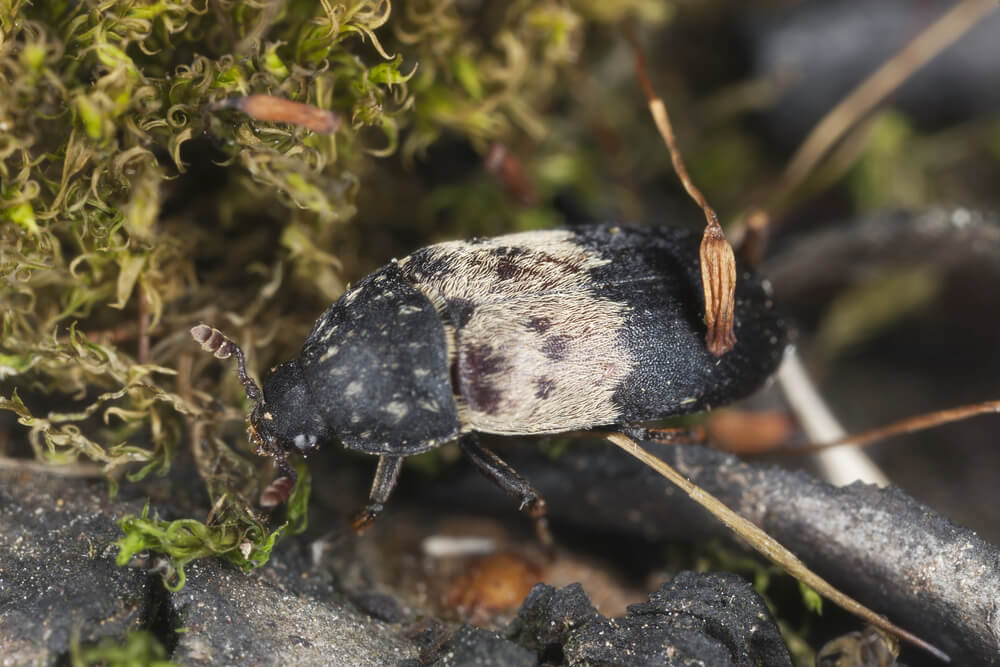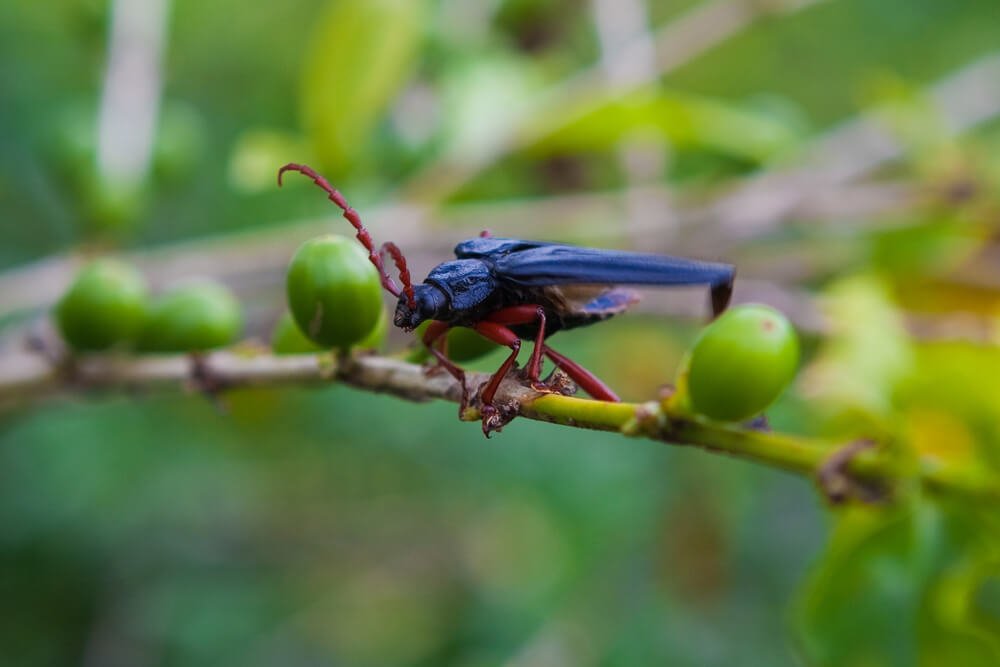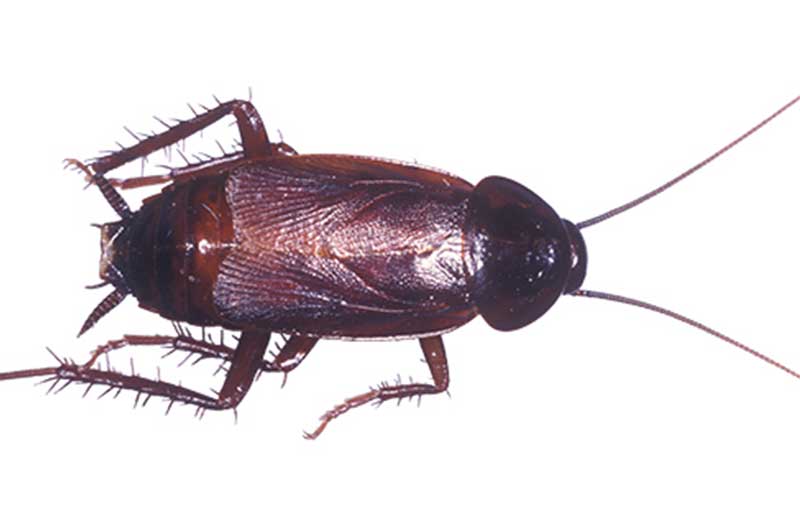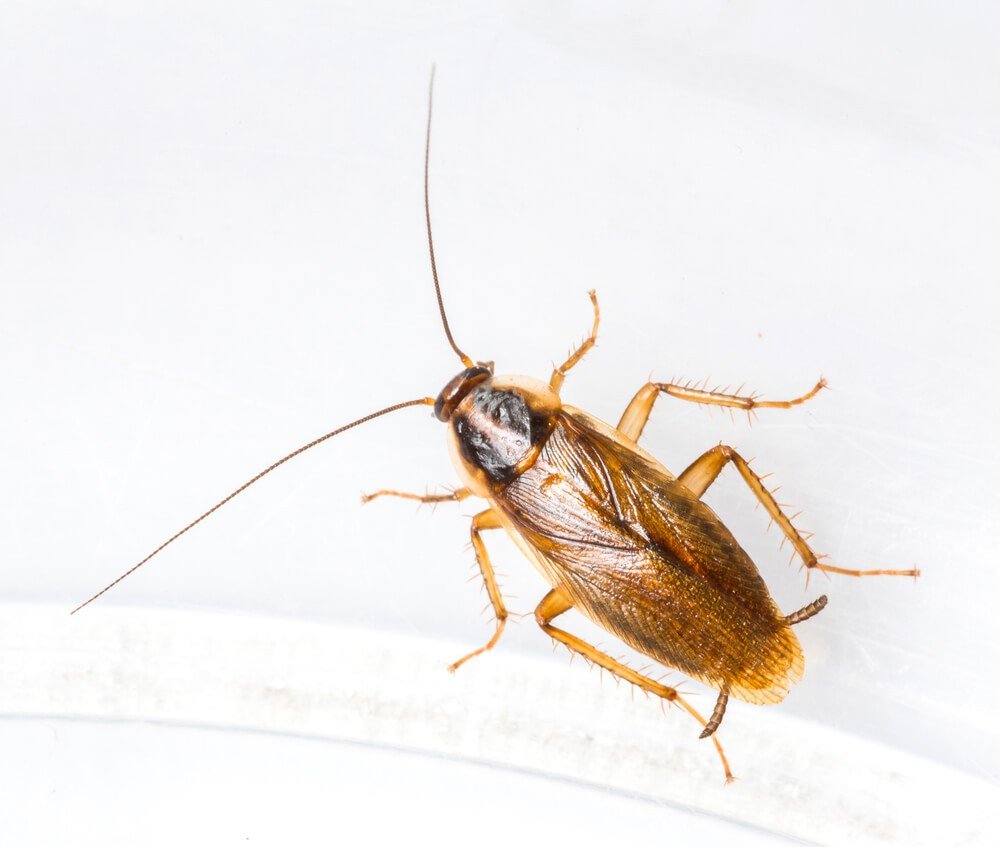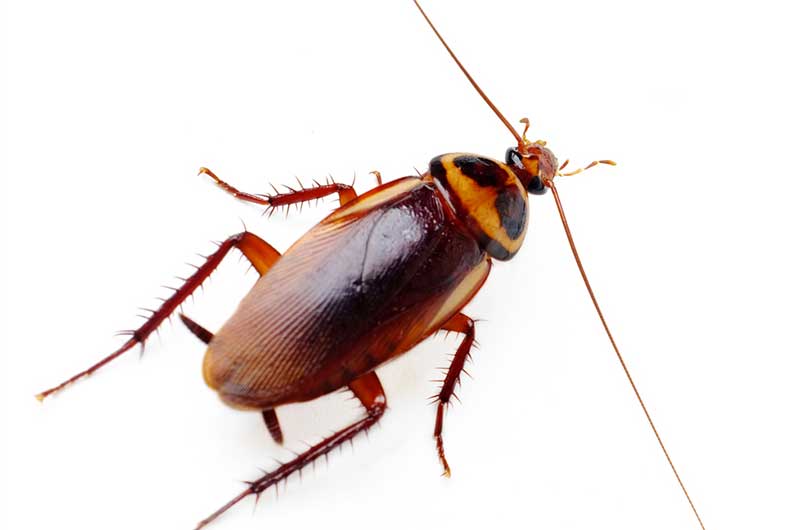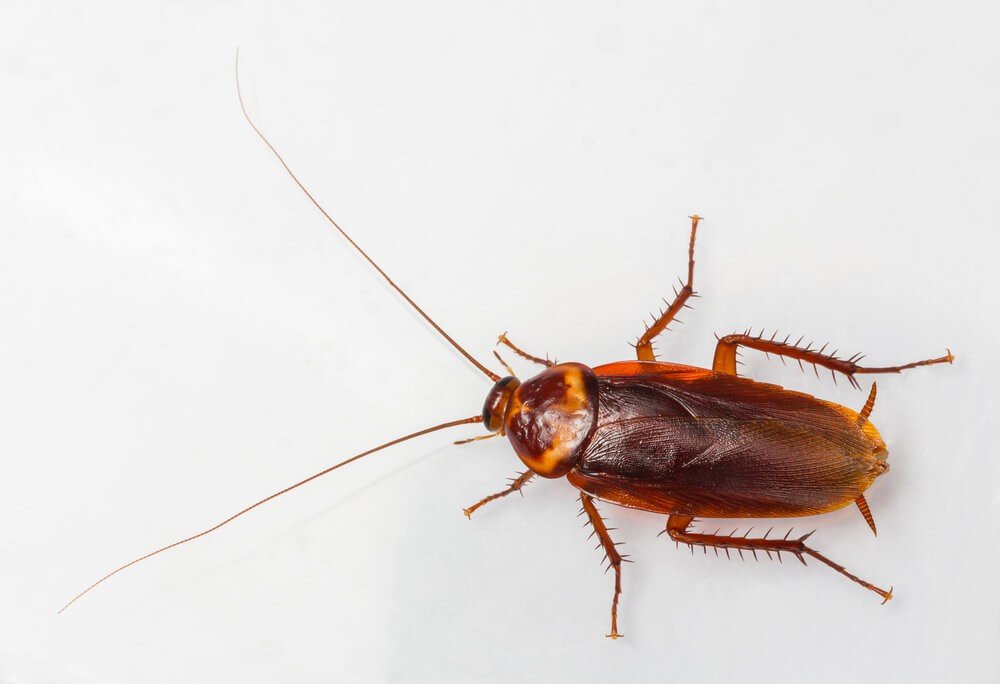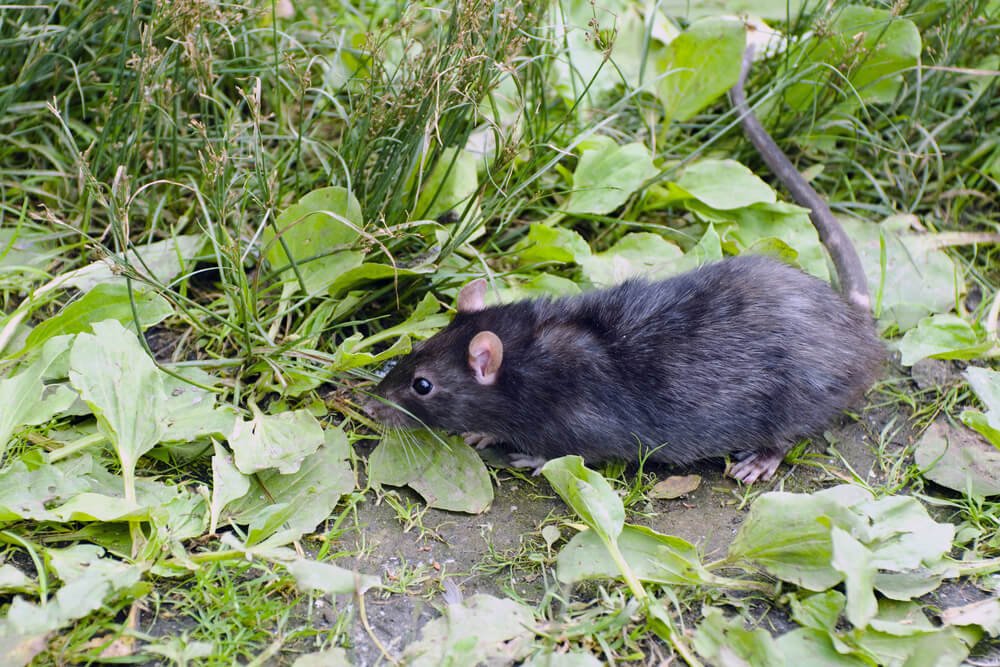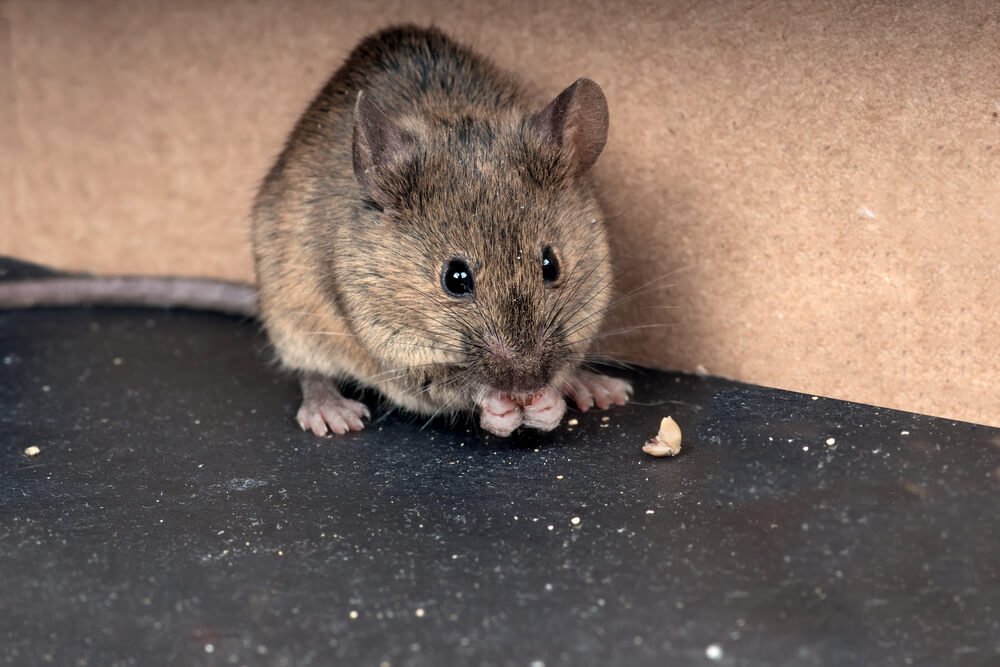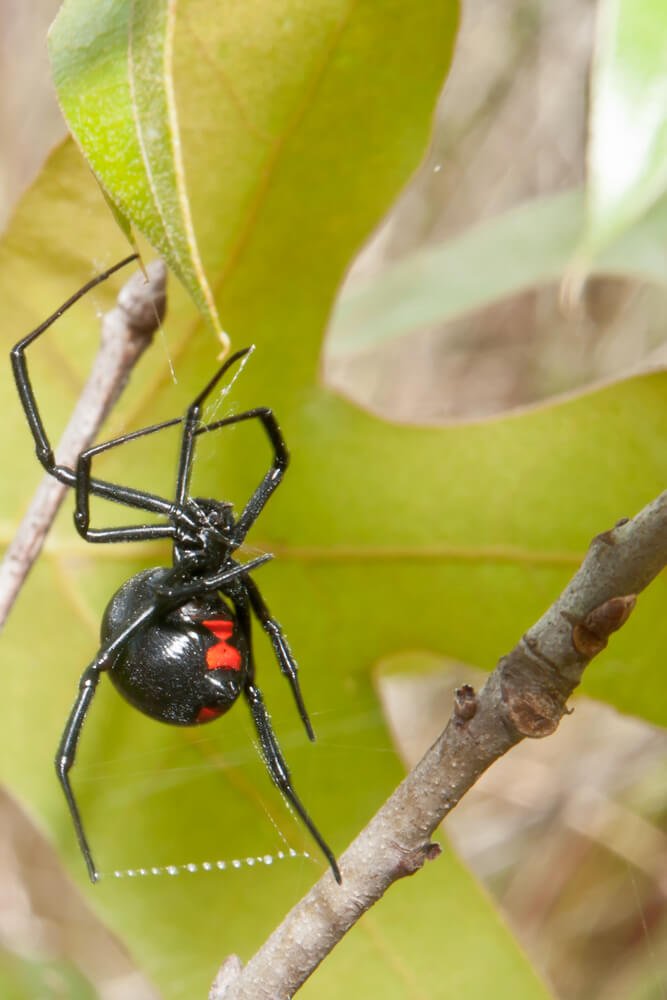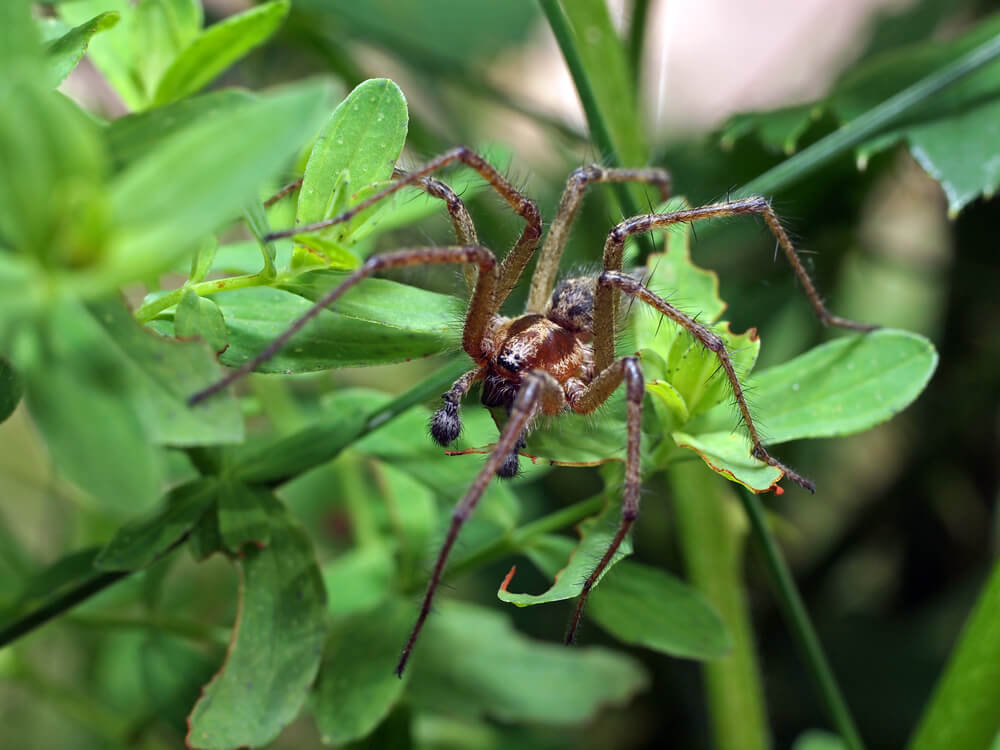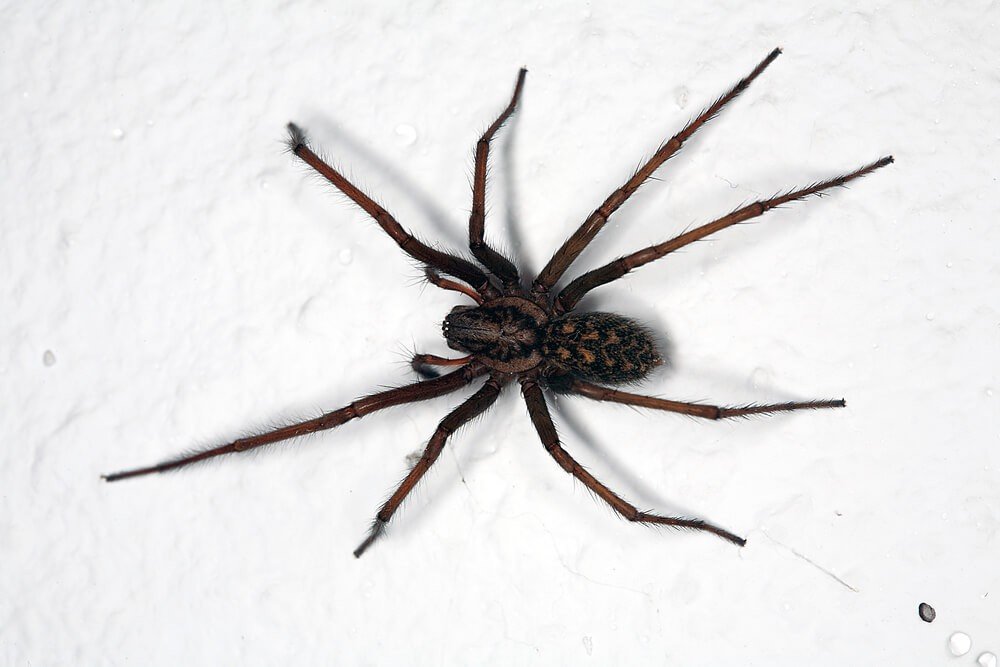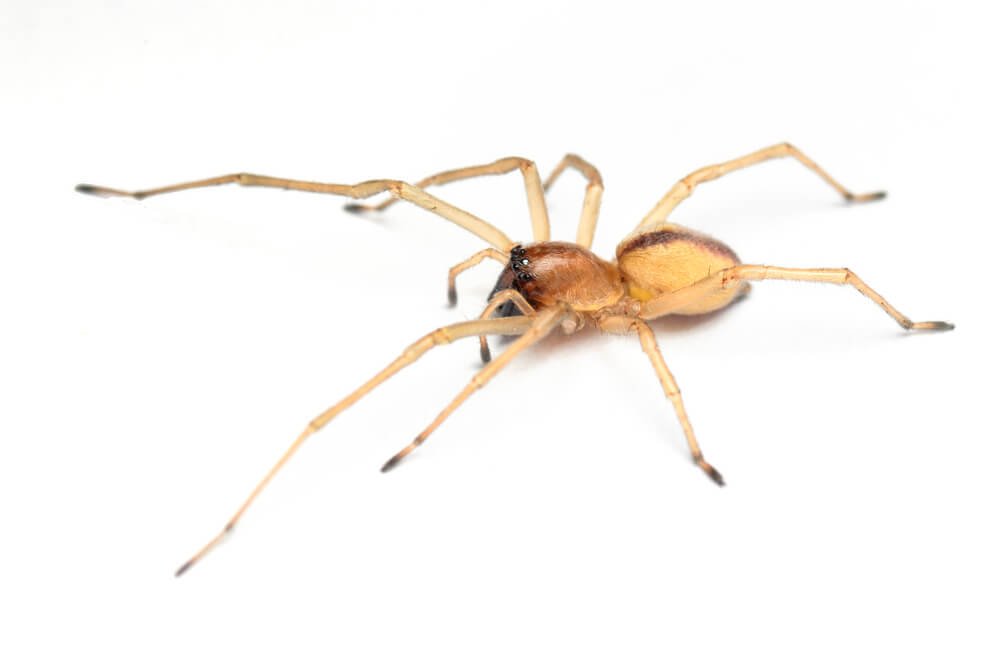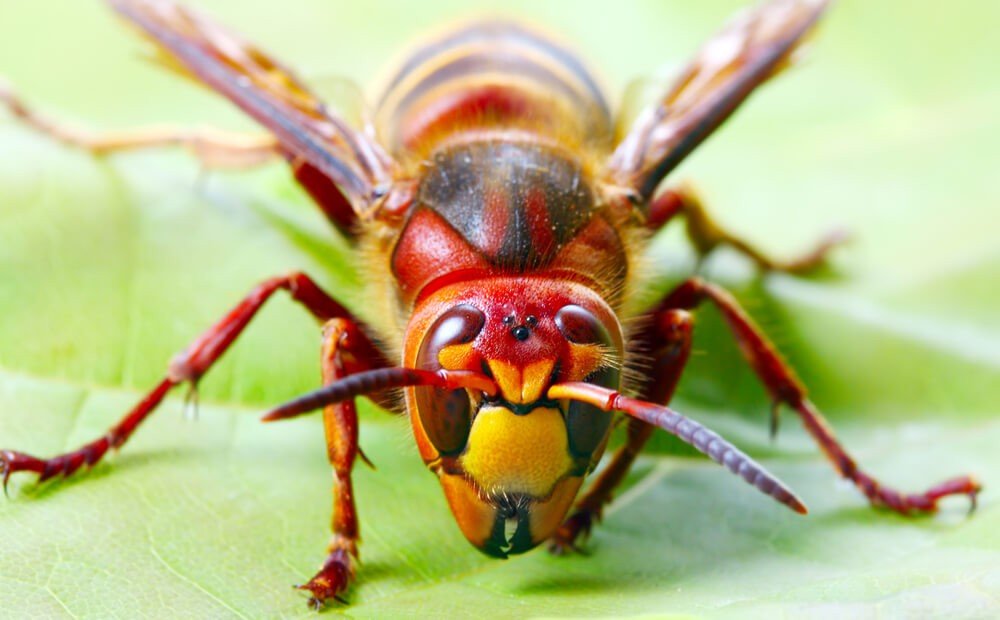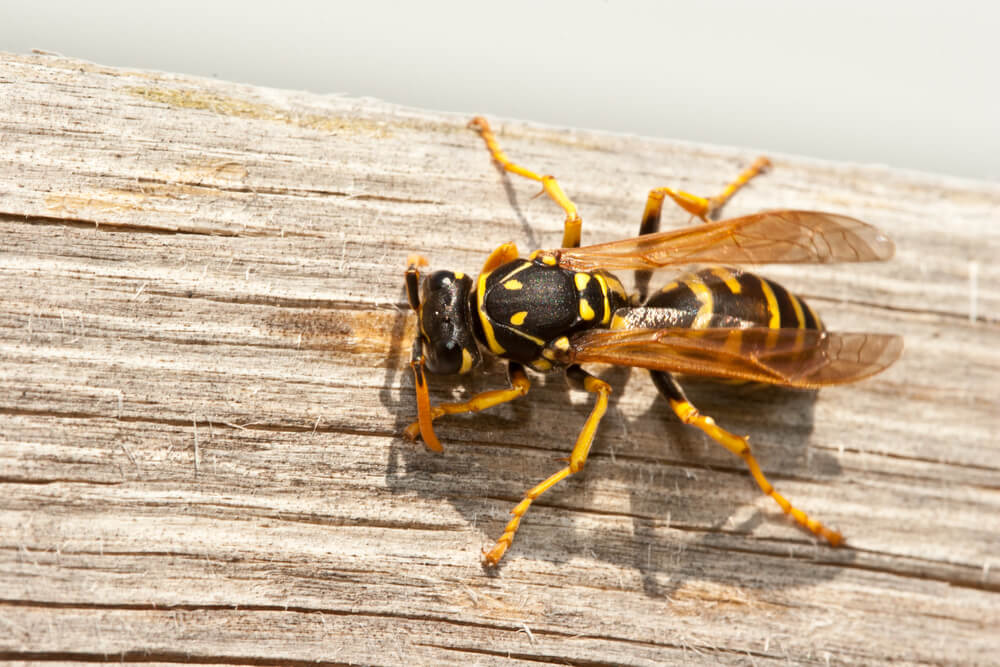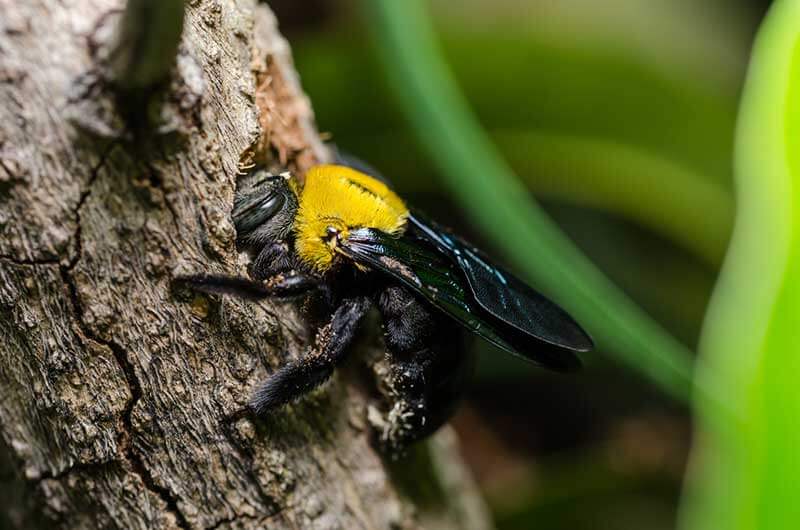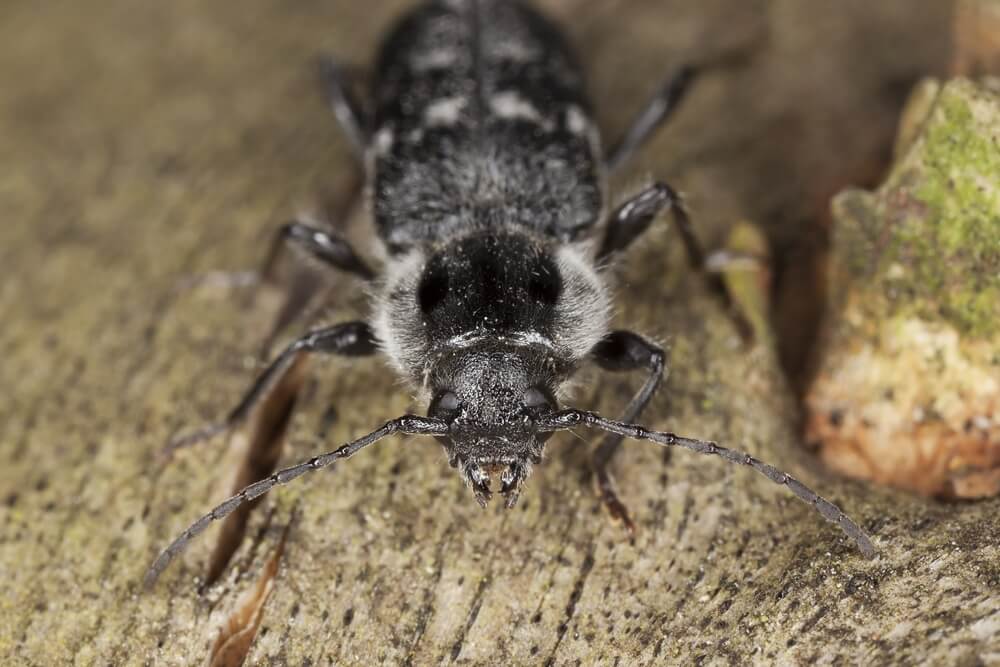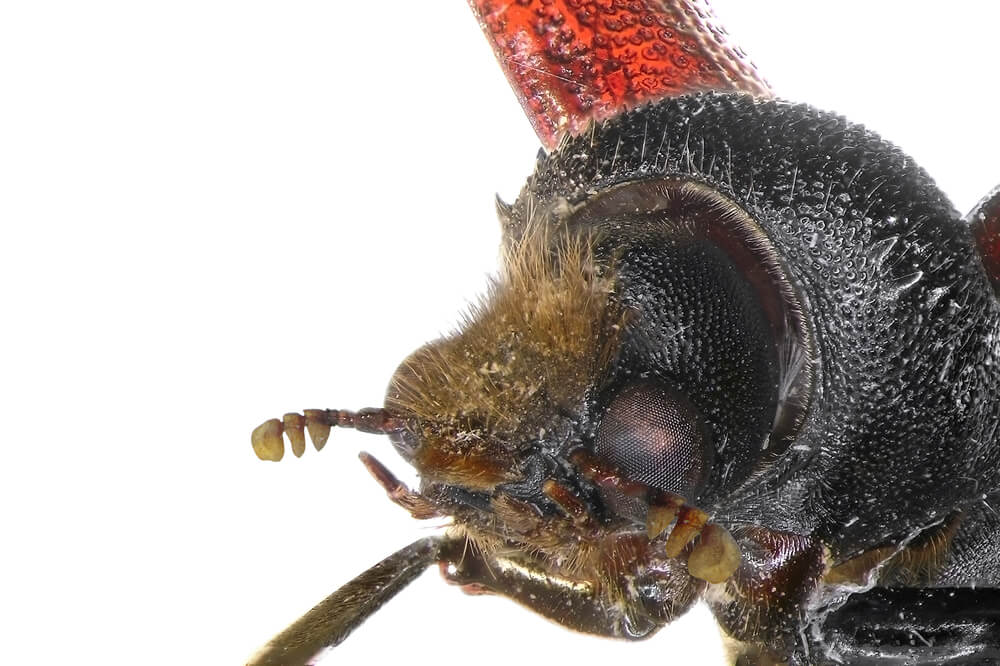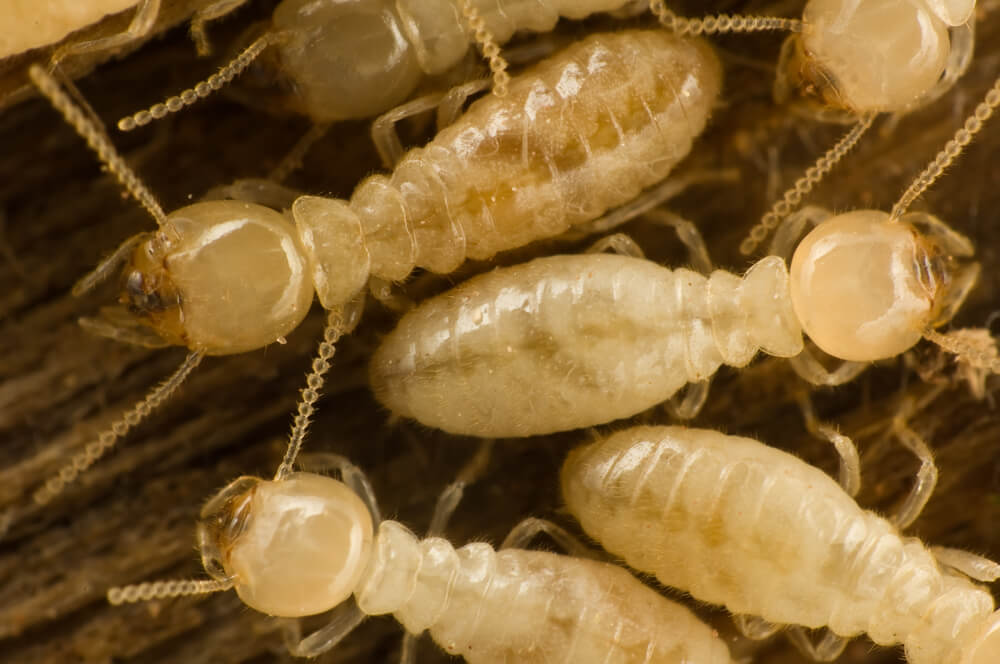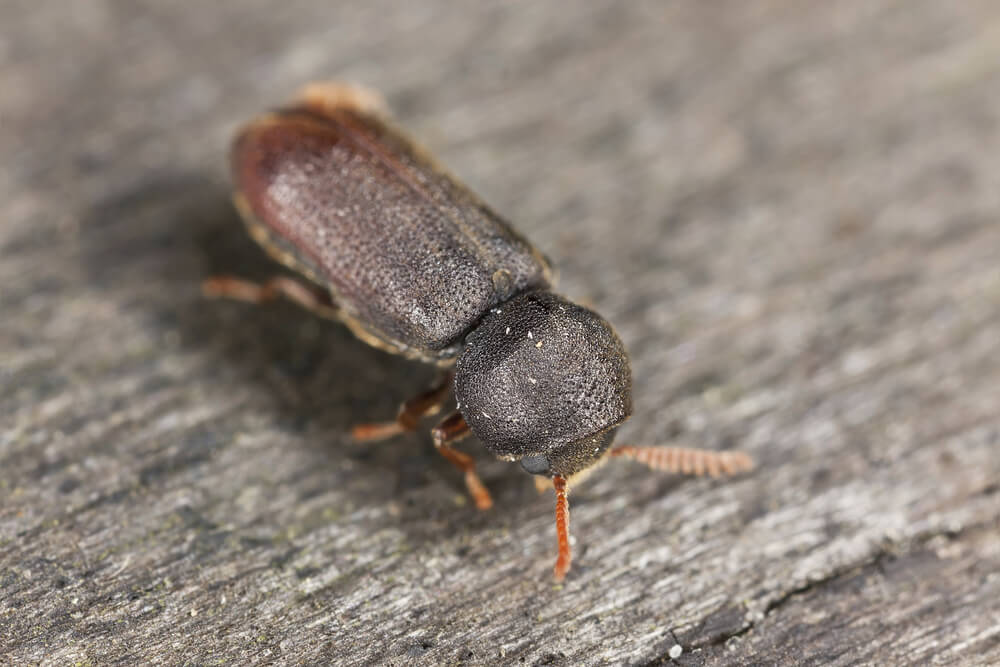Keeping Termites Under Control
Keeping termites under control can be a difficult task. Many people hire a pest control company to get the problem fixed. Pest control companies usually offer localized or “spot” treatments and some companies even offer perimeter treatments. Localized treatments are generally a gamble except in cases of retreatment. Most reputable pest control firms will not warranty spot treatments, since it's likely that termites will eventually find other points of entry into the structure. Typically a perimeter treatment will involve a thorough application around the entire outside foundation wall of the building, and spot-treating any infested or high-risk interior areas. If the homeowner is considering such a treatment, they should inquire whether it will be accompanied by a service agreement incase termites return. (Service renewal agreements usually state that if termites return, the company will return and retreat the affected areas at no additional charge provided the renewal agreement is maintained.) It's a bit of a gamble to purchase any termite treatment option without an ongoing service agreement. The best treatments performed by knowledgeable firms may fail at times, when termites find their way through tiny, untreated gaps in the soil. While the intent is to establish a continuous, impenetrable chemical barrier, this is all but impossible to achieve in actual practice. In the case of baits, it may take several months for termites to initially find the below-ground installations and several months more to achieve control.
The key is to hire a reputable pest control firm employing experienced, conscientious technicians. Companies will return and retreat affected area(s) at no additional charge provided the service agreement is purchased and maintained. All liquid termiticides are supposed to control termites for at least five years when applied according to label directions. The actual length of control on a given structure will depend on such factors as thoroughness of the application, environmental conditions, and density of termites in the area. If a treated are is flooded, does that mean the termite protection is gone? Most termiticides can tolerate short periods of wetness but swift moving water and flooding may mean retreatment is necessary for continued termite protection. Flooding from heavy rains can wash away treated soil or dump silt and mud on top of termite bait stations. Repairs and new landscaping after storms can also disturb termite barriers, requiring retreatment. The National Pest Management Association says retreatment should be considered when the following conditions exist after a hurricane, storms, or heavy rains:
Soil erosion next to the foundation has removed termiticide-treated soil or termite bait stations.
Soil, silt, sand, or other material has been deposited on top of termite-treated areas or on top of bait stations.
Repairs to the structure have resulted in movement of treated soil or replacement of treated wood.
Treated soil or bait stations have been disturbed during removal or replacement of damaged landscaping.
There has been movement of foundation walls, patios, porches, or other structural elements as a result of the storm.It is very important to renew your termite warranty because of the following information above. The thoroughness of the application, environmental conditions, and density of termites in the area are all things that will decrease the length of the liquid termiticide. Because the liquid termiticide only controls termites for up to 5 years; you need the problem to be retreated. That’s why taking the initiative to renew your warranty is such an important task.
